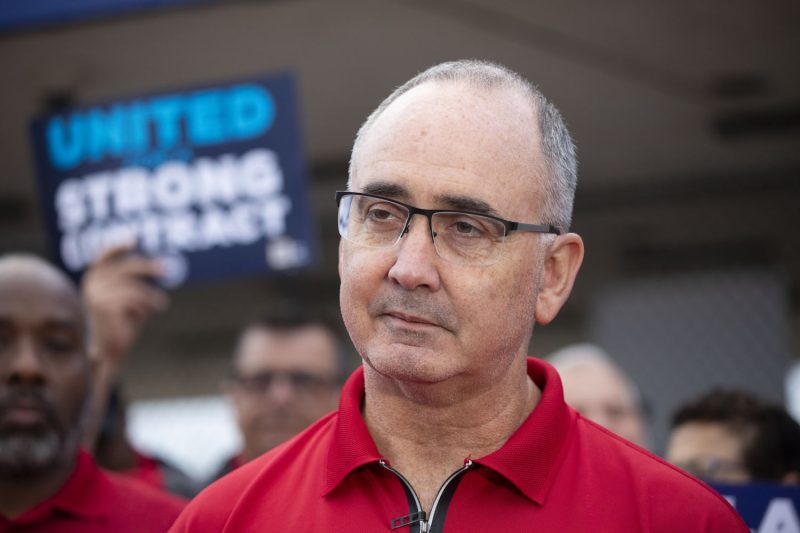The recent unionization efforts at the Mercedes-Benz plant in Alabama have stirred up controversy and drawn attention from the United Auto Workers (UAW) union. The UAW has raised concerns about the validity of the union vote that took place at the plant, prompting them to demand a new election through the National Labor Relations Board (NLRB).
The UAW’s challenge stems from what they perceive as interference and unfair practices during the initial union vote. They argue that the anti-union campaign conducted by Mercedes-Benz and certain outside groups influenced the outcome of the vote, resulting in an unfair representation of the workers’ true preferences.
By requesting a new election through the NLRB, the UAW is seeking to rectify what they view as a flawed process that undermined the workers’ right to make a free and informed choice regarding union representation. The UAW asserts that a fair and unbiased election is essential to uphold the democratic principles of the unionization process.
Mercedes-Benz, on the other hand, maintains that the initial union vote was conducted fairly and transparently, and that the outcome accurately reflects the will of the workers at the plant. The company denies any wrongdoing or interference in the unionization process and is prepared to defend its position in front of the NLRB.
The outcome of the UAW’s challenge remains uncertain, as the NLRB will need to review the evidence presented by both sides before making a decision on whether to conduct a new election at the Mercedes-Benz plant. This case highlights the complexities and tensions that can arise during unionization efforts, underscoring the importance of fair and unbiased procedures to protect workers’ rights and ensure a democratic representation process.
In conclusion, the UAW’s challenge to the union vote at the Mercedes-Benz plant reflects the ongoing debate and controversies surrounding labor rights and unionization in the United States. The outcome of this case will have far-reaching implications for the workers at the plant and may set a precedent for future unionization efforts in the automotive industry. It is crucial for all parties involved to uphold transparency, fairness, and respect for workers’ rights throughout the unionization process to ensure a just and equitable outcome.

